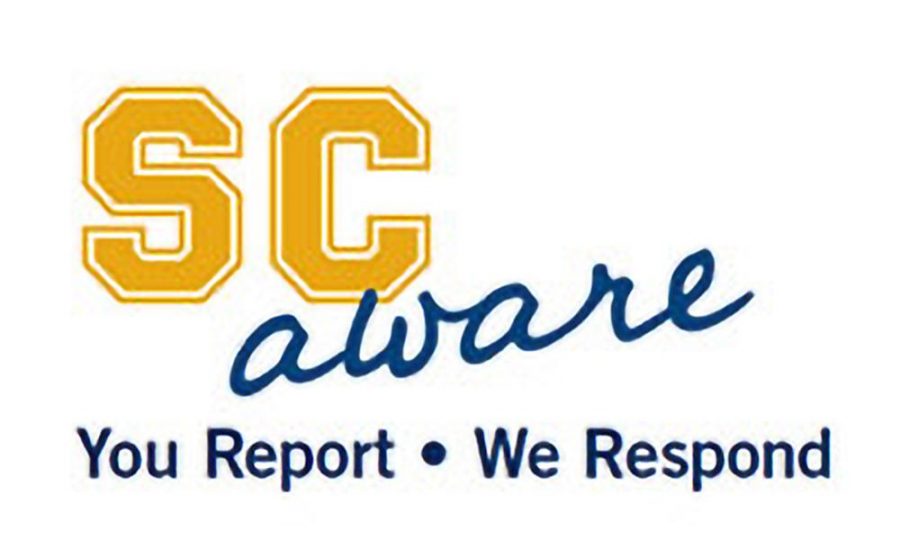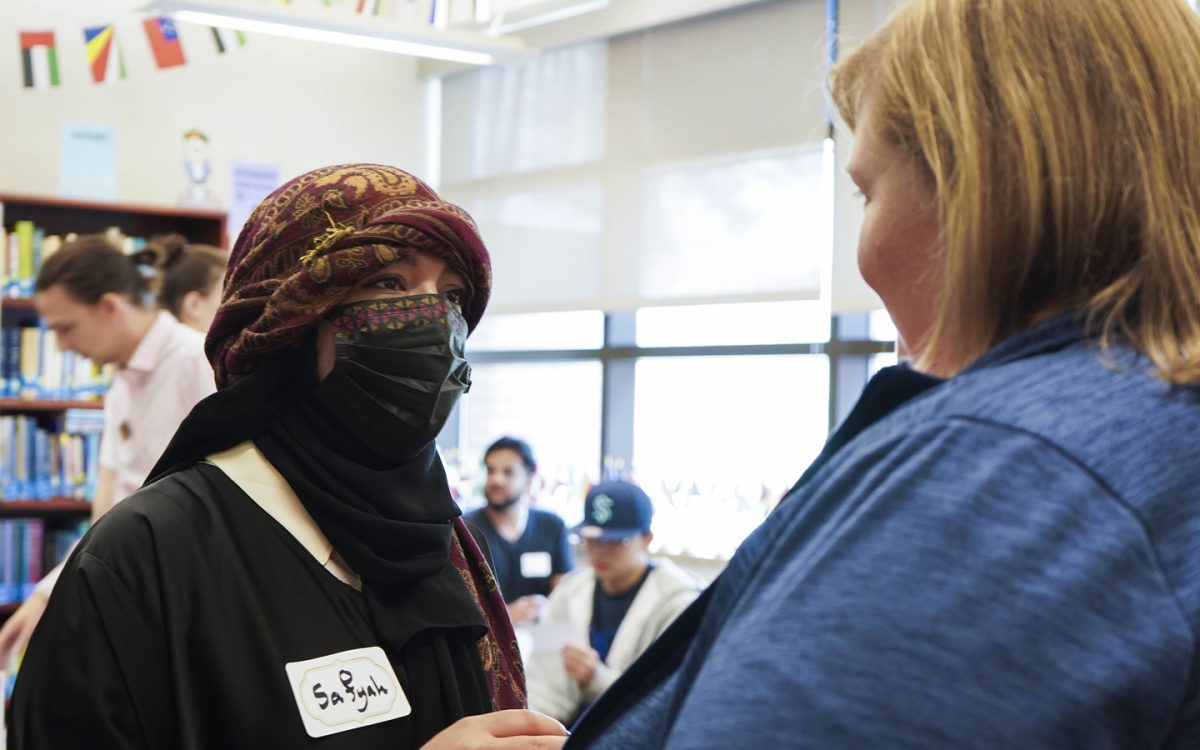You report, they respond
What students, faculty and staff need to know about SC Aware
March 19, 2020
Missed the deadline for dropping courses? See a problem regarding student or faculty conduct? Going through a major crisis in life? These are just the tip of the iceberg of what students face each semester and filing an appeal to SC Aware can be the first step to getting the assistance they’re looking for.
These matters are a few of the many out of what the Student Relations Office processes through its SC Aware program. They’re here to serve students for any need and circumstance that life throws at them, though there are some things to be aware of.
First, there are two types of appeals: Academic Matters and Extenuating Circumstances. Academic Matters deals mainly with a significant incident such as a conflict or the issuance of a grade. Extenuating Circumstances deals with matters like lengthy student illnesses, psychiatric hospitalization, mandatory schedule change at work, death of an immediate family member and others that fall under matters which need to be considered on an individual basis.
On SC Aware’s main page, students can seek assistance under six sections. Missing class due to Coronavirus (COVID-19), instructional concerns or academic matters, behavior or misconduct, customer service concerns and issues, as well as technical issues with Blackboard or WebAdvisor are covered, among others.
When filing a report, Student Relations will give the one making the claim a form to fill out with some checkboxes and some sections that ask for details on the issue at hand. The dean and associate deans in the Student Relations office are the campus personnel who address student conduct cases.
Anyone who is a student or a member of faculty, staff or administration may file a report and can do it anonymously if they choose, as long as the Student Relations Office knows exactly who is filing the report, so leaving contact information is vital.
Some cases, however, can’t guarantee anonymity.
The SC Aware homepage states: “There may be some cases for which requests for anonymity may not be able to be provided. There may also be situations where we cannot provide a remedy if we cannot identify the student.”
The same also applies to confidentiality.
The ability of SC Aware to respond to reports or provide outcomes depends on what report is being filed, so describing a claim as accurately and clearly as possible goes a long way toward the claim being accepted. Having proof to back up a claim, like a paper trail containing letters, photographs or screenshots, does a lot to support it.
When Student Relations is done looking it over, they’ll send an email back to the one who filed it. If a claim implicates someone else who breaks the rules on campus, an email will be sent to them as well.
SC Aware can take care of many issues, but there are some caveats.
“There is no limit, but we will say things to students, like ‘We can’t continue to grant appeals for reoccurring or ongoing situations.’ We’re not going to be able to give you a late withdrawal or a late refund for every semester,” said Associate Dean of Student Relations, Nicole Wilson-Fennell.
As for deadlines, Wilson-Fennell explained that while there isn’t a hard and fast limit on that, they will help students as much as they can.
“If you’re in the middle of a major crisis, with extenuating circumstances, give us a call ahead of time,” added Wilson-Fennell.
For additional information about how to file an SC Aware report, please visit schoolcraft.edu/scaware or scoll down to the bottom of the college homepage and click on the scaware icon.









